Best Times for Wicker Chair Repairs
Wicker chair repairs are most effective when performed during specific times of the year to ensure optimal results. The ideal period is during the late spring and early summer months, when indoor and outdoor conditions are conducive to repair work. This timing allows for proper drying and curing of adhesives and finishes, reducing the risk of damage caused by humidity or temperature fluctuations.
Spring offers moderate temperatures and lower humidity, making it suitable for wicker repair projects. Repairing wicker furniture in spring helps prevent further deterioration during the warmer months.
Early summer provides warm, dry conditions that facilitate effective repairs and finishing processes, ensuring longevity and durability of the wicker furniture.
Winter is generally not recommended for wicker repairs due to cold temperatures and high humidity, which can hinder adhesive curing and cause additional damage.
Ideal repair conditions include temperatures between 65-75°F (18-24°C) and humidity levels below 60%, which help adhesives and finishes set properly.
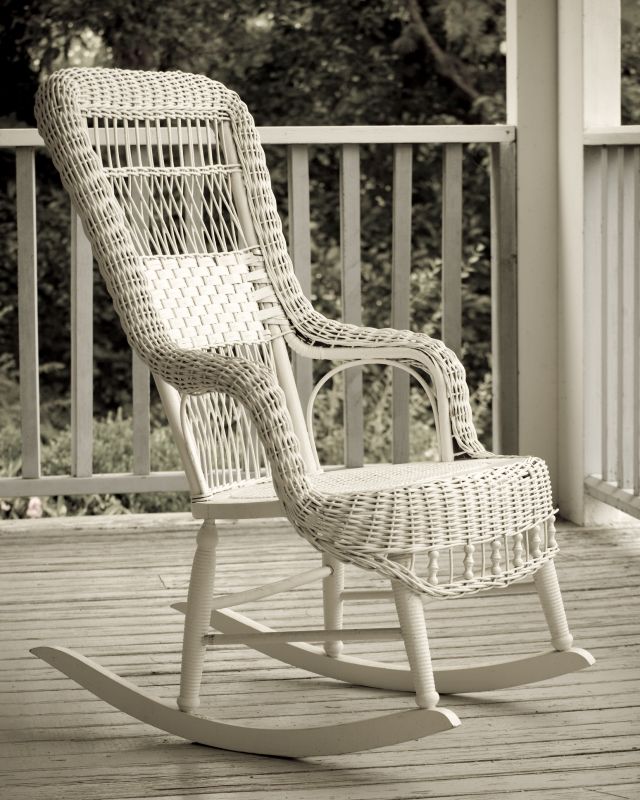
Ways to make Wicker Chair Repairs work in tight or awkward layouts.
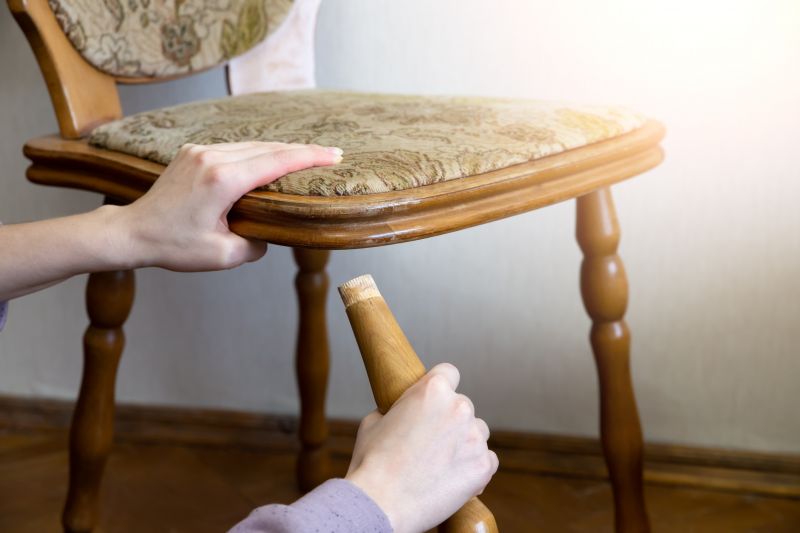
Popular materials for Wicker Chair Repairs and why they hold up over time.

Simple add-ons that improve Wicker Chair Repairs without blowing the budget.

High-end options that actually feel worth it for Wicker Chair Repairs.
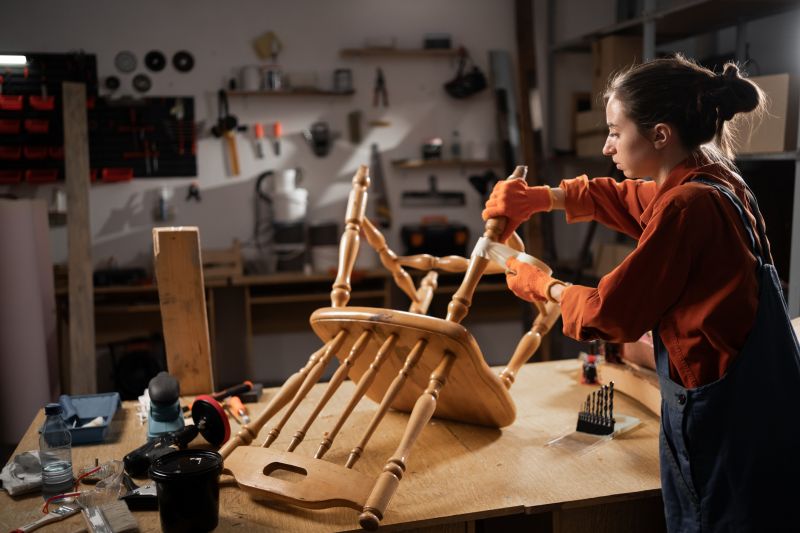
Finishes and colors that play nicely with Wicker Chair Repairs.
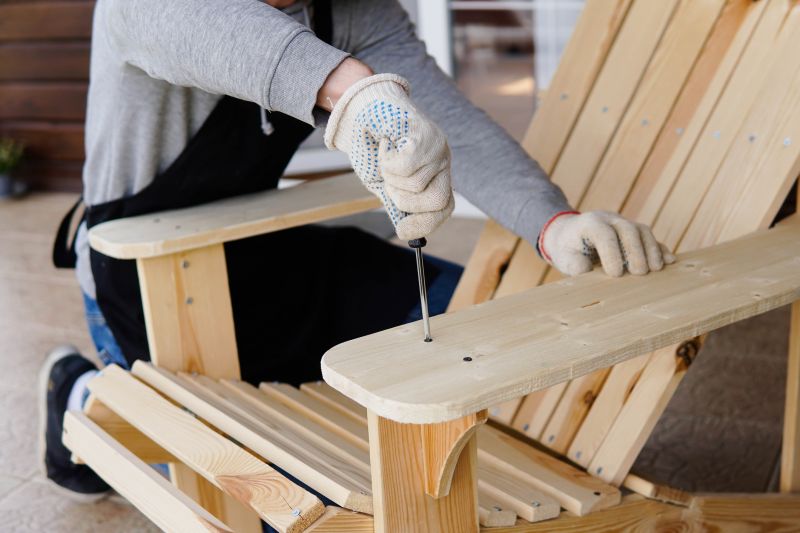
Little measurements that prevent headaches on Wicker Chair Repairs day.
Wicker chair repairs are essential for maintaining the appearance and structural integrity of furniture made from woven plant-based materials. Over time, wicker can become brittle, cracked, or loose due to exposure to elements or regular use. Proper repair techniques involve cleaning, reweaving, replacing broken strands, and applying protective finishes to extend the lifespan of the furniture. Statistics indicate that timely repairs can increase the longevity of wicker furniture by up to 50%, saving costs on replacement and preserving aesthetic value.
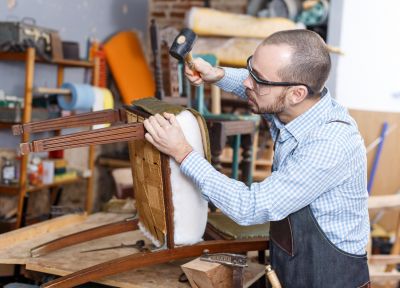
A 60-second routine that keeps Wicker Chair Repairs looking new.
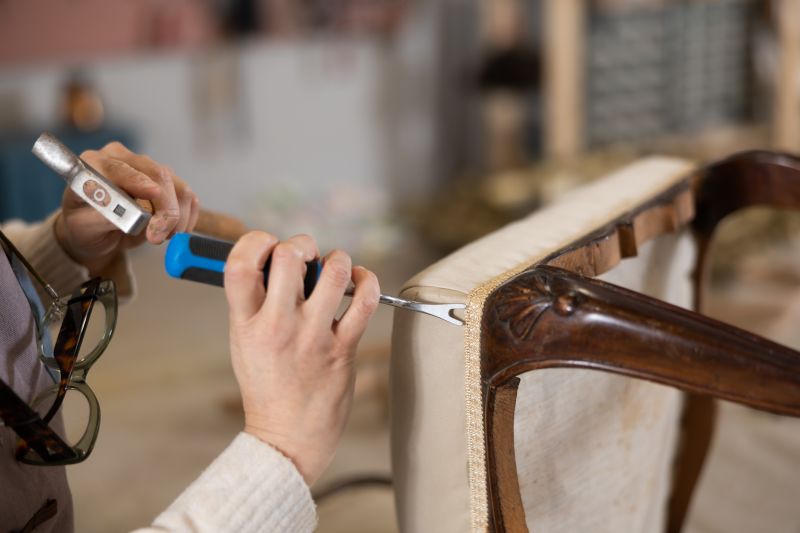
A frequent mistake in Wicker Chair Repairs and how to dodge it.
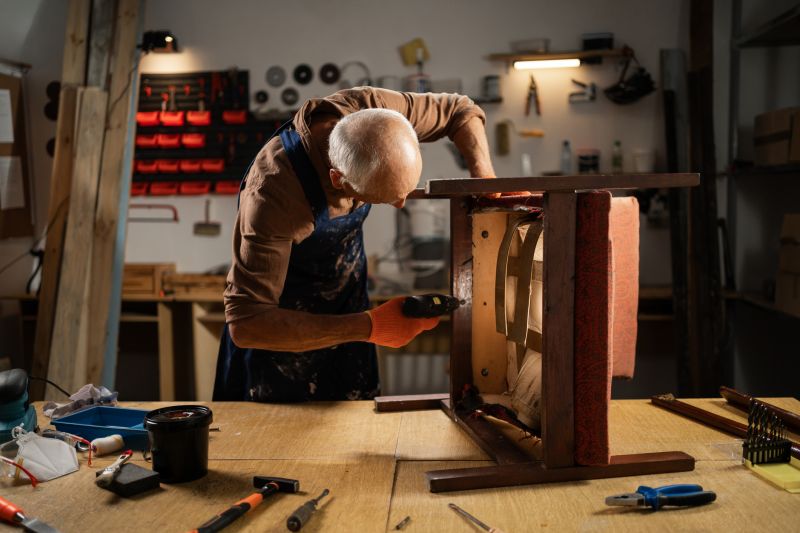
Small tweaks to make Wicker Chair Repairs safer and easier to use.

Lower-waste or water-saving choices for Wicker Chair Repairs.
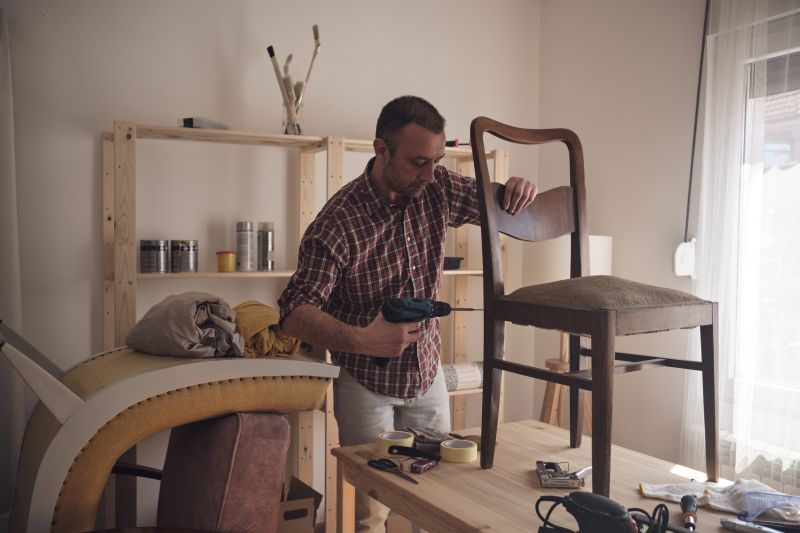
The short, realistic tool list for quality Wicker Chair Repairs.
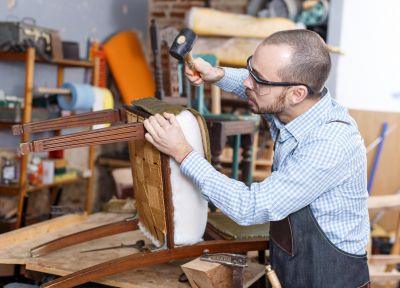
Rough timing from prep to clean-up for Wicker Chair Repairs.
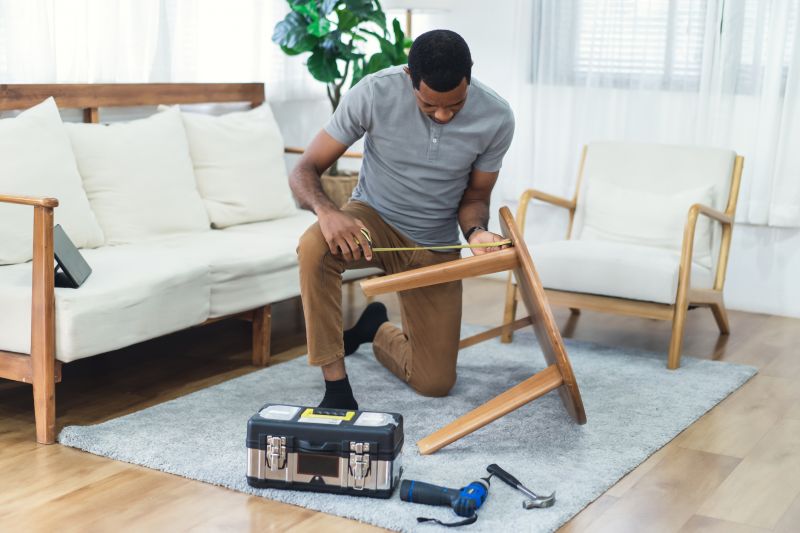
Quick checks and paperwork to keep after Wicker Chair Repairs.
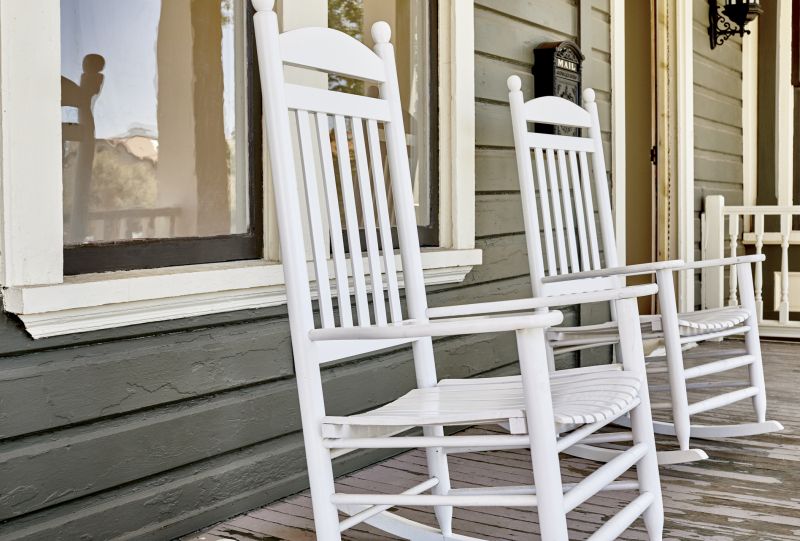
Examples that show the impact a good Wicker Chair Repairs can make.

Ways to make Wicker Chair Repairs work in tight or awkward layouts.

Ways to make Wicker Chair Repairs work in tight or awkward layouts.
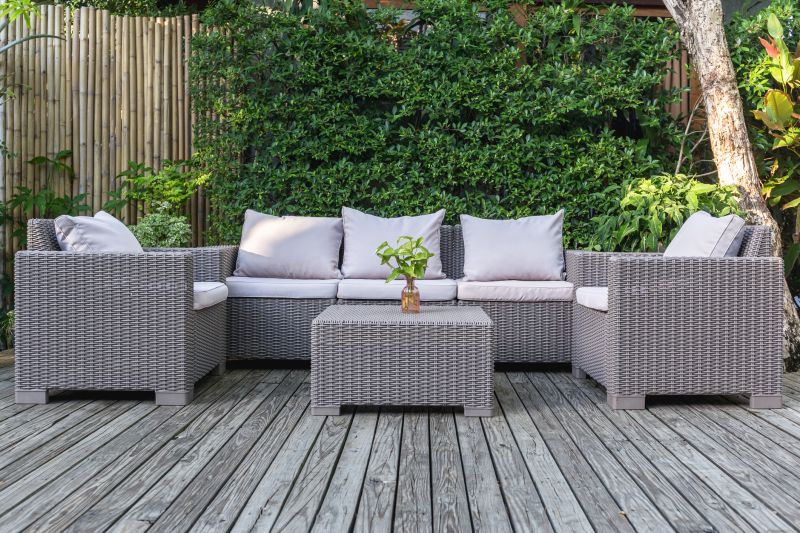
Ways to make Wicker Chair Repairs work in tight or awkward layouts.

Ways to make Wicker Chair Repairs work in tight or awkward layouts.
| Aspect | Details |
|---|---|
| Ideal Repair Season | Late spring to early summer |
| Temperature Range | 65-75°F (18-24°C) |
| Humidity Level | Below 60% |
| Benefits of Timely Repairs | Extends furniture lifespan, maintains appearance |
| Common Repair Techniques | Cleaning, reweaving, replacing strands, finishing |
| Cost Savings | Up to 50% longer lifespan |
| Environmental Conditions to Avoid | Cold, high humidity, extreme temperatures |
Interested in restoring wicker furniture? Filling out the contact form can provide more information on repair options, scheduling, and professional services available for maintaining and repairing wicker chairs to ensure durability and aesthetic appeal.
